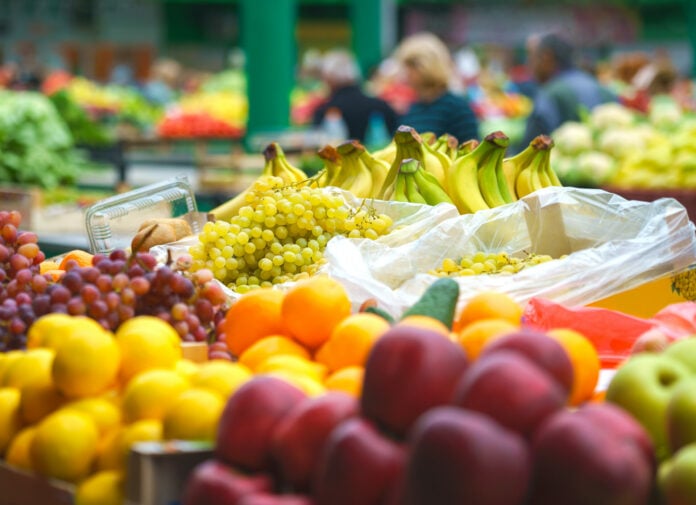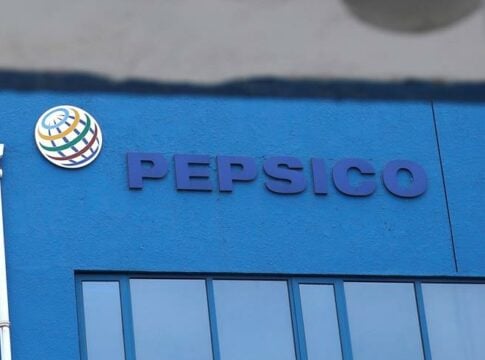The potential imposition of 30% tariffs on products imported from the European Union to the US is expected to have a strong knock-on effect on Greek fresh agricultural products and, by extension, on the income of the agricultural world.
The “backlog” of sales on the US market, due to the impending tariffs, will lead all European producer countries to dispose of their stocks within the European market, which will change the balance in trade agreements.
Greek exports of fresh fruit and vegetables are expected to suffer, as they lag behind in terms of price competitiveness compared to other European producing countries. The “passport” for Greek fresh agricultural products on European markets is quality, not price, and therefore they are the second choice for retailers. Fresh fruit and vegetables from markets such as Spain, which are available at more competitive prices, dominate European markets.
Estimates
“The indirect consequences of US tariffs on Greek fresh fruit and vegetables are expected to be much greater than the direct ones,” George Polychronakis, special advisor to the Association of Greek Fruit, Vegetable and Juice Exporting and Distribution Companies – Incofruit Hellas, pointed out to “N”, explaining that “the US market needs a bilateral phytosanitary agreement for the exports of fresh products.
For fresh fruit and vegetable exports, the US market represents 2% in value and 1% in volume. The strongest Greek exportable fresh product is kiwi, for which the prospects remain strong even with the imposition of tariffs. This is because the competing markets are Italy (which will suffer the same tariffs as Greece), China and Iran, to which the Americans are not expected to turn. Consequently, the direct effects will not be great.”
However, as regards the indirect impact, Polychronakis pointed out that “the indirect effects from the availability – mainly in the European market – of products from other countries that have larger export shares in the US will increase supply within Europe and push prices downwards and consequently affect farmers’ incomes.”
He estimated the loss for Greek exports of fresh agricultural products within the EU at 15%, while he considers that the main alternative that will provide a small outlet for Greek fresh agricultural products is the signing of bilateral phytosanitary agreements with third markets such as Vietnam, Taiwan, Mexico, as well as the expansion of the list of products included in existing bilateral agreements with other Greek species, such as cherries or strawberries.















